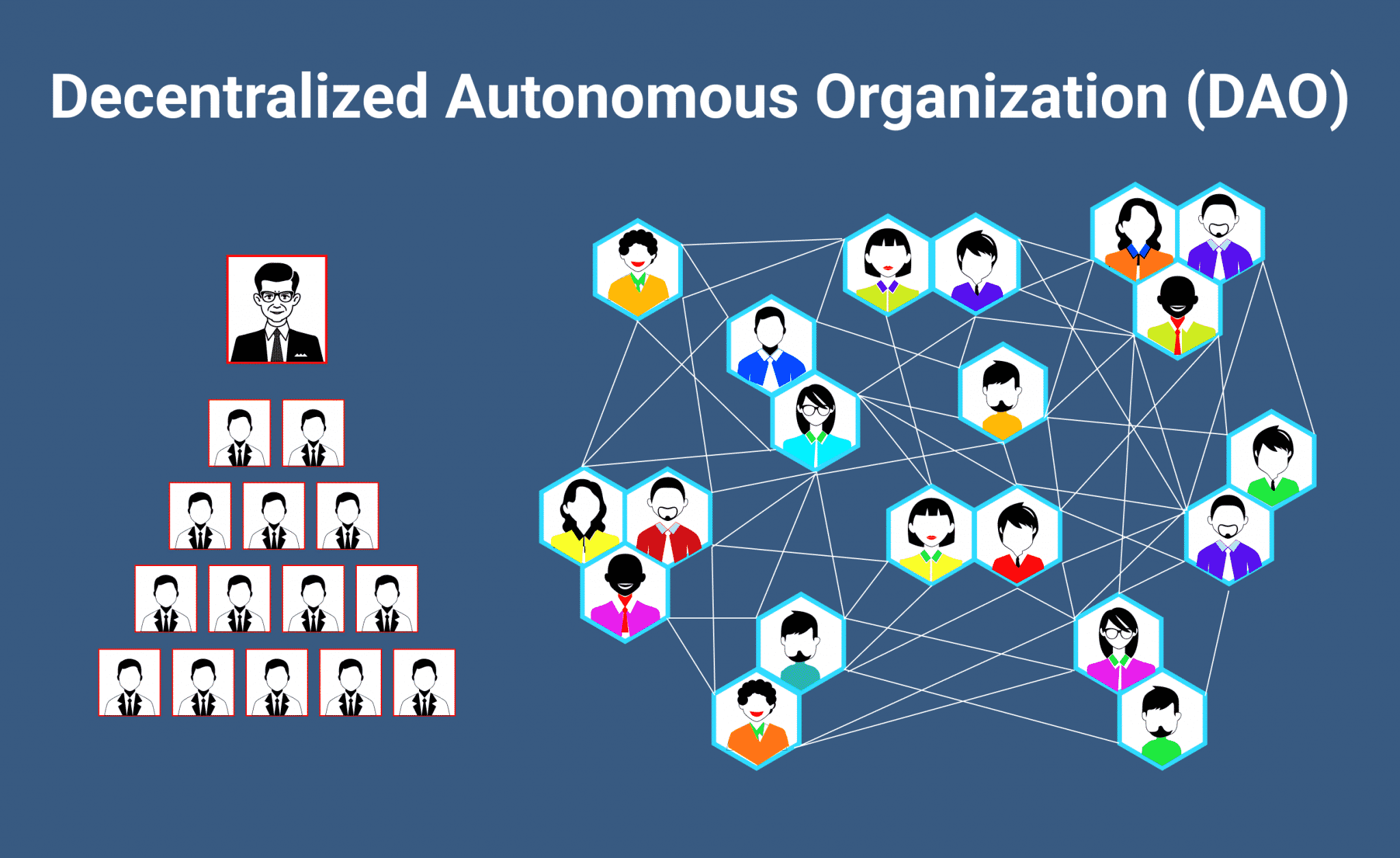What Is A Dao Decentralized Autonomous Organization
Imagine a world where organizations are run by code, not CEOs. Where decision-making is decentralized, and everyone has a say. Sounds like science fiction, right? Well, it’s not. This world is already here, and it’s called a Decentralized Autonomous Organization, or DAO for short.

- What Are Crypto Vaults And How Do They Enhance Security
- Minting Your Masterpiece: Exploring The Best NFT Platforms For Creators
- Dive Into The World Of Decentralized Finance With Yield Farming
- The Rise Of Quantum Computing: A Double-Edged Sword For Cryptocurrency Security
- Liquidity’s Crucial Role In Shaping The Fate Of Cryptocurrency Markets
A DAO is essentially a computer program that runs on a blockchain, a type of decentralized database that’s maintained by a network of computers rather than a single central authority. This program is designed to automate decision-making and execute actions based on a set of rules that are hard-coded into the system.
Think of a DAO like a digital cooperative, where members pool their resources and work together to achieve a common goal. But unlike traditional cooperatives, DAOs don’t have a central leadership or management structure. Instead, decision-making is distributed among the members, who vote on proposals and changes using a cryptocurrency or token.
One of the key benefits of a DAO is its transparency. Because the code is open-source and publicly available, anyone can see how the organization works and how decisions are made. This transparency also makes it harder for individuals or groups to manipulate the system for their own gain.
Another benefit of DAOs is their ability to operate independently of governments or other external authorities. Because they’re decentralized, DAOs can’t be shut down by a single entity, making them more resilient than traditional organizations.
But DAOs aren’t just for tech-savvy innovators. They have the potential to disrupt traditional industries and create new economic models. For example, a DAO can be used to create a decentralized marketplace, where buyers and sellers can connect directly without the need for intermediaries.
DAOs can also be used to create social impact. For instance, a DAO can be set up to fund charitable causes, where members pool their resources to support projects and initiatives that align with their values.
However, DAOs are still in their early days, and there are many challenges to overcome before they can reach their full potential. One of the biggest challenges is scalability. Because DAOs rely on blockchain technology, they can be slow and cumbersome to use. This makes it difficult for them to scale to large numbers of users.
Another challenge is governance. Because DAOs are decentralized, decision-making can be complex and time-consuming. This can make it difficult to respond quickly to changes in the market or other external factors.
Despite these challenges, the potential of DAOs is vast. They have the potential to democratize decision-making, create new economic models, and disrupt traditional industries. As the technology continues to evolve and mature, we can expect to see more and more innovative applications of DAOs in various fields.
In conclusion, DAOs represent a new paradigm for organizational design, one that’s decentralized, transparent, and community-driven. They have the potential to create more inclusive, equitable, and sustainable systems that benefit everyone, not just a select few. So, what does the future hold for DAOs? Only time will tell, but one thing is for sure – it’s an exciting space to watch.
